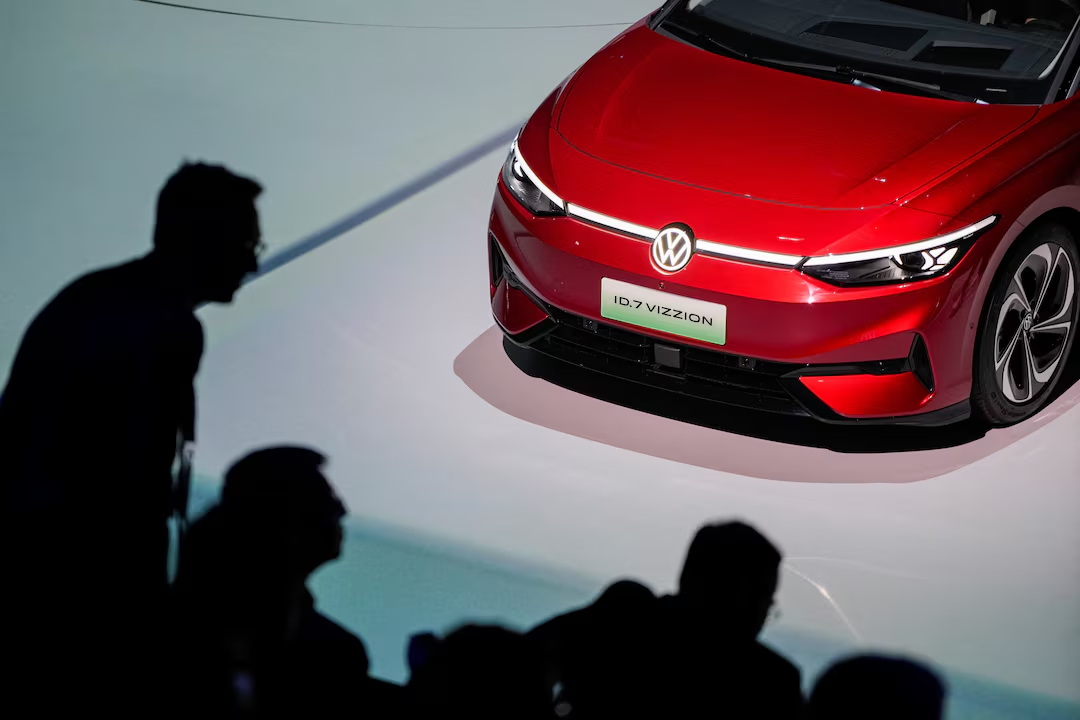In an era where sustainability is more critical than ever, choosing the right vehicle has become a pivotal decision for eco-conscious consumers. According to Bloomberg Green, electric vehicle (EV) sales are projected to account for 60% of new car sales globally by 2030, highlighting a significant shift in consumer behavior. But as we step into 2024, the question arises: In the race for eco-friendliness, which type of vehicle—EVs, hybrids, or traditional gas cars—truly leads the pack? This article will delve into the comparative advantages and disadvantages of each, providing a clear guide to help you make an informed choice.
The Rise of Electric Vehicles (EVs)
Why Choose Electric?
Electric vehicles have taken the automotive world by storm, with companies like Tesla and Rivian setting new standards for performance and sustainability. The main keyword here, “electric vehicles,” represents a paradigm shift in reducing carbon emissions and fossil fuel dependency.
- Zero Emissions: EVs produce no tailpipe emissions, which drastically reduces air pollution. According to the International Energy Agency (IEA), widespread EV adoption could cut global CO2 emissions by 1.5 gigatons annually by 2030.
- Lower Running Costs: With fewer moving parts, EVs require less maintenance. Charging is also cheaper than refueling with gasoline.
- Innovative Technology: Brands like Lucid Motors and BYD are at the forefront of integrating advanced battery technologies, offering longer range and faster charging times.
Challenges to Consider
- Charging Infrastructure: Although the charging network is expanding rapidly, with companies like Volkswagen investing heavily, it still trails behind the convenience of gas stations.
- Initial Cost: Despite decreasing prices, EVs tend to have higher upfront costs than their gas counterparts.
Hybrids: The Best of Both Worlds?
Advantages of Hybrid Vehicles
Hybrids, such as the Toyota Prius or the Hyundai Ioniq, offer a blend of gasoline and electric power, making them a popular choice for those not ready to fully commit to electric.
- Fuel Efficiency: Hybrids provide improved fuel economy compared to gas vehicles due to their ability to switch between gasoline and electric power.
- Reduced Emissions: While not zero-emission vehicles, hybrids emit significantly less CO2 than traditional gas cars.
- Versatility: With the ability to refuel quickly and drive extended distances, hybrids offer flexibility that pure EVs currently struggle to match.
Hybrid Limitations
- Complexity: The dual-engine system in hybrids can lead to higher maintenance costs.
- Limited Electric Range: Most hybrids can only drive short distances on electric power alone.
Gasoline Cars: Still in the Race?
Why Gas Cars Remain Relevant
Despite the push towards electrification, gasoline vehicles still hold a substantial market share for several reasons:
- Lower Purchase Price: Gasoline cars are often more affordable upfront, making them accessible to a broader audience.
- Extensive Infrastructure: With thousands of gas stations worldwide, refueling is convenient and quick.
- Established Technology: Decades of development have resulted in reliable and efficient internal combustion engines.
Environmental and Economic Costs
- High Emissions: Gas cars are significant contributors to greenhouse gases. The IEA notes that transport accounts for 24% of global CO2 emissions.
- Rising Fuel Prices: As oil reserves dwindle and environmental policies tighten, gasoline prices are expected to climb.
Practical Tips for Choosing Your Next Vehicle
When deciding between EVs, hybrids, and gas cars, consider the following:
- Assess Your Driving Habits: If your daily commute is short, an EV might suit you, while long-distance travelers might prefer hybrids or gas cars.
-
Evaluate Infrastructure: Research the availability of charging stations or gas stations in your area.
-
Consider Total Cost of Ownership: Factor in fuel, maintenance, and potential government incentives for EVs.
-
Future-Proof Your Purchase: As regulations tighten, investing in an EV or hybrid might offer better long-term value.
Conclusion: The Future of Eco-Friendly Driving
In the race for eco-friendliness in 2024, electric vehicles may have the edge due to their zero emissions and ongoing technological advancements. Hybrids offer a practical compromise, while gasoline cars, although still relevant, face increasing scrutiny due to environmental concerns. Ultimately, the best choice depends on individual needs, lifestyle, and commitment to sustainability.
Ready to make a change? Share your thoughts in the comments below or explore the latest models from leading brands to find your perfect eco-friendly match. As we look to the future, the shift towards greener transportation continues to accelerate, promising cleaner skies and a healthier planet for generations to come.

